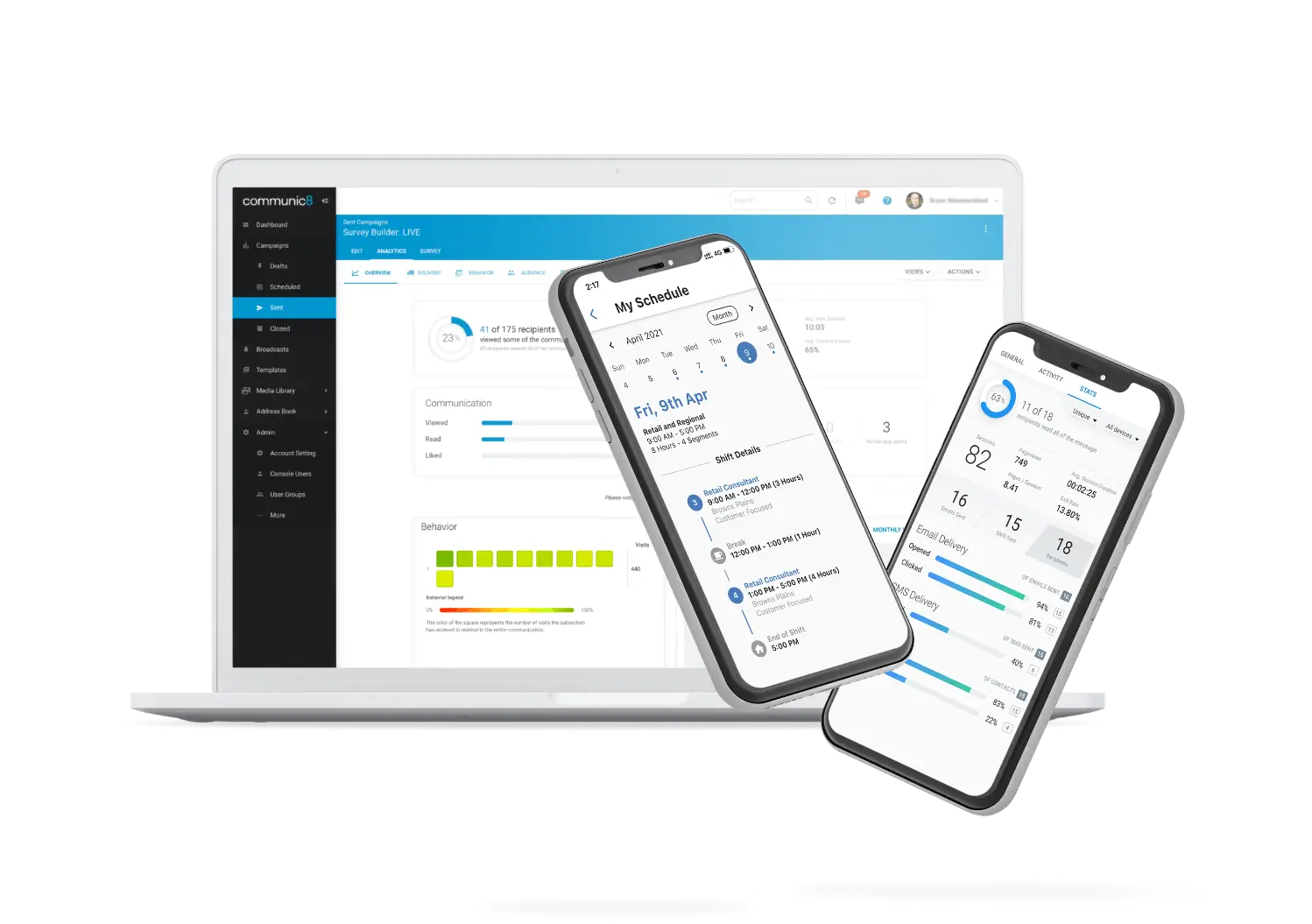Avoid ERP Disaster
Everyone loves a disaster story, which explains why motorway accidents and breakdowns cause significant slowdowns in uninvolved and opposite lanes of traffic. And it’s the same with large-scale Enterprise Resource Planning (ERP) implementations, people love to hear about the very expensive, disruptive and sometimes highly visible implementation failures. Studies suggest 60% of all ERP projects fail. With over $6.8 trillion of direct Digital Transformation investments in play from 2021 to 2023 there will be no shortage of disasters and failed implementations to keep an eye on.1

So, just because you have made the decision to get on board with a state-of-the-art ERP platform with an expensive System integrator, does not mean that you’re on the fast track to realising the benefits and obtaining a lasting competitive advantage. ERP implementation failure is a real threat to your business and should be planned for accordingly.
Why are the results so poor even after careful planning and internal support with sufficient budget approval? Is it because the technology fails to deliver? Or implementation efforts are low? Are we expecting too much out of digital transformation? Or maybe there’s something more human at the core - such as a lack of employee engagement and regular communication.
It’s about People
We must remember at every step of change, the People component is the most important… not the technology or the platform. Individual employee communication and engagement is the key to driving change.
Your employees may resist change at first… in fact the first stage of the Kübler-Ross methodology suggests shock, denial and frustration are to be expected.
Employees need to be made aware and understand why we are in need of change to help ensure they are aligned with our strategy at all times. Kotter methodology suggest we create a sense of urgency as the 1st step, whilst ADKAR suggest Awareness of the need for change is the required initial phase.
Regardless of the change Methodology chosen, research suggests focusing on helping employees proactively engage with the change in a positive, empowering and dynamic way. Leaders can create opportunities for people to have active participation in the change process and to influence the changes. This requires communication at every stage of the change process. To be true to an agile approach, each communication step in the change process must be adaptable, and flexible enough to focus on employees’ feelings, concerns and needs.
Quantifying Engagement
So, how can Communic8 quantify engagement in a meaningful way to provide direction and timing on the change process? And more importantly, how can this reduce risk on my ERP implementation?

Communic8 provides data and analytics to help you understand your campaign engagement levels at every step.
We capture, synthesise and present your data so you can “see” engagement and act accordingly.
We enable you to make data-driven decisions.
The Communic8 platform captures and displays:
- Number of people that have viewed your communication
- Number of people that have taken action on the individual delivery method, opened or clicked
- Heat map to determine which section of the campaign that was viewed (and not viewed)
- What information has vs. what hasn’t been read
- Time spent in each section of the campaign
- View your people’s activity at the individual level, or at a higher aggregated view to see who is engaging and who isn’t
- See your low-engagers which provides the opportunity to re-engage with people who are not responding or asking for further information or training
- View responses to any survey question at both the individual and campaign level
- Use the export function to download a CSV of the campaign's analytics and feedback. This will help to analyse further, share with others or build a dashboard for management reporting.
Risk Reduction
Communic8 easily combines agile Messaging with any of the well-known Change Management methods for powerful, measurable results for any company going through a transformation project. For example, if your Change strategy follows the ADKAR model, we can measure engagement by region, division, right down to the individual role for every step in ADKAR. Not only can we measure those engaged but also those who are not, providing an opportunity to follow up with them and reinforce the importance of employee engagement at every stage. This is extremely powerful in providing clear signals and confirmation on the ideal timing to proceed to the next step in your transformation project. The goal is to know well before go-live of any possible engagement issue and act accordingly before proceeding.
Your agile communications tool should ensure workers can remain accessible anywhere and anytime, which is becoming increasingly important for today’s mobile workforce. So rather than relying solely on email, which tends to give everything the same priority, you should create a number of channels to engage with your employees. Digital leaders have invested a lot into their transformation efforts, yet the success results are frightening. Simply offering improved digital tools is not enough. They must be created with a more holistic and personalised outlook.
Building communication and collaboration into your change strategy from the very beginning is key to the success of any digital transformation program. Collaboration tools like Communic8 make for faster adoption and keep users on platforms that can be improved over time. Efficient collaboration means a better employee experience and more buy-in from the entire organization.
Contact Communic8, your Change Management solution with a focus on personal continuous engagement and communication, complete with embedded surveys and analytics.
